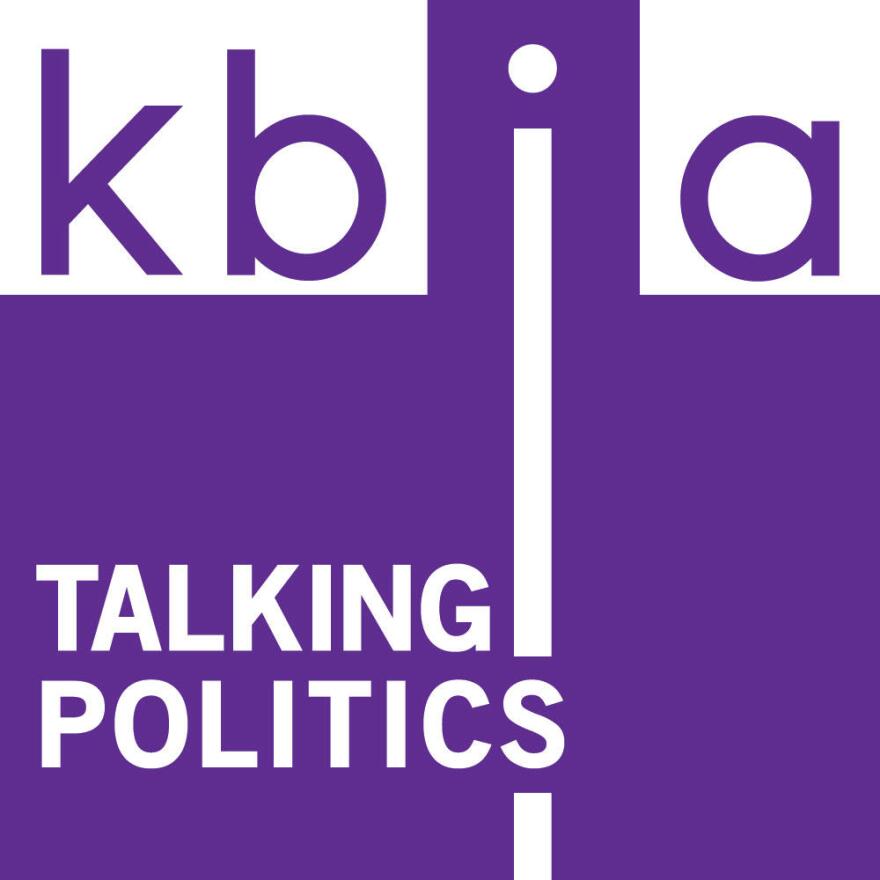I just finished The Man Who Broke Capitalism, a book by David Gelles. The subtitle, How Jack Welch Gutted the Heartland and Crushed the Soul of Corporate America, illuminates a dispiriting tale of how a ruthless and greedy CEO destroyed General Electric, once one of the best known and most successful businesses in the country, and, more importantly, ushered in a new economy dominated by downsizing, off-shoring and financial manipulation.
Welch focused on keeping shareholders happy to the exclusion of any other corporate responsibility. He bought up businesses and stripped them of assets, bought back GE stock to inflate its price, laid off thousands of workers, and sent manufacturing to countries with much lower labor costs. During his heyday in the late Twentieth Century he was much admired and emulated, and executives who worked for him became CEOs of other companies, which they also proceeded to wreck.
Were his malignant legacy limited to grotesquely inflated executive compensation, with CEO’s making hundreds of times more annual salary than the company’s average worker, contributing to serious and growing income inequality, that would be enough. But while he was at the helm, the financial arm of General Electric popularized exotic and extremely risky instruments like sub-prime mortgages and credit default swaps that caused the Great Recession that began in 2008.
Unfortunately, while millions of Americans lost their homes and life savings, larger lessons were not learned. Investment companies that were “too big to fail” were bailed out, the main perpetrators were not brought to justice, and downsizing, off-shoring and financial manipulation continue to this day.
The rest of the long book subtitle is: -- And How to Undo His Legacy. Author Gelles proposes fixes that are the usual suspects: better pay and benefits, profit-sharing, putting workers on corporate boards, raising the minimum wage, raising taxes, capping executive compensation, etc. – and all of that and more is necessary for a fairer and more productive economy. But we’ve known this for a long time.
Maybe what we need is a story, an inspiring narrative by the Anti-Welch. I found such a story in the New York Times the same day I finished the book. Yvon Chouinard, founder and owner of the outfitter Patagonia, has given his company away. The company, now valued at $8 billion, is a trust and non-profit that will, in his words, “give away the maximum amount of money to people who are actively working on saving this planet.”
He chose not to take the company public. “I don’t respect the stock market at all,” he said. “Once you’re public, you’ve lost control over the company, and you have to maximize profits for the shareholder, and then you become one of those irresponsible companies.”
Chouinard said: “Hopefully this will influence a new form of capitalism that doesn’t end up with a few rich people and a bunch of poor people.” Let’s indeed hope that more wealthy Americans – and not just Americans – embrace a more humane and ethical capitalism that, as a bonus, helps save the planet.
Dr. Terry Smith is a Political Science Professor at Columbia College and a regular commentator on KBIA's Talking Politics.

